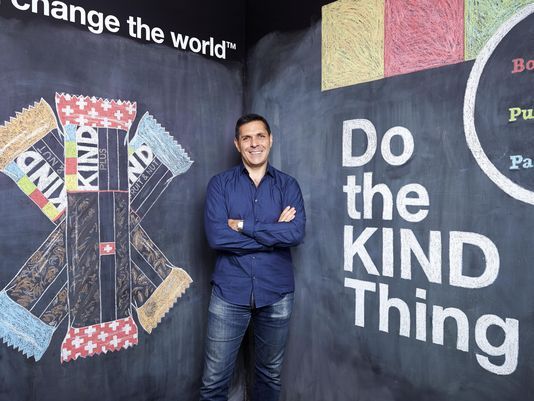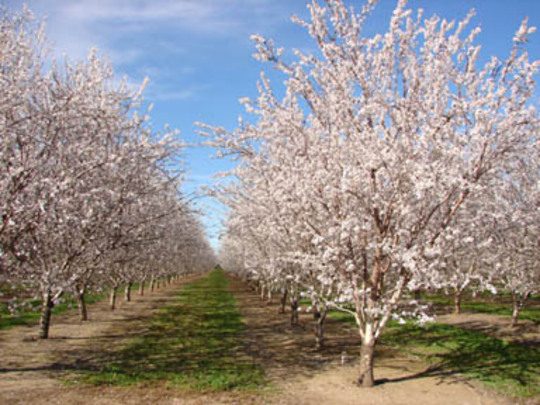Do you eat KIND Bars, those ubiquitous fruit and nut bars wrapped in distinctive striped packaging? There's a good chance you do since they are the fastest growing snack company in the US. Last week, I heard Daniel Lubetzky, founder and CEO of KIND Snacks, speak here in Jerusalem about his vision as a corporate citizen, and I was encouraged by what he said.
I was hopeful hearing his vision not only for a healthier society, but also for a peaceful one defined by living in balance with the planet. Lubetzky has real credibility in this sphere. He isn't just the founder of KIND Bars; he's also the founder of The PeaceWorks Foundation, whose mission includes "creative and innovative efforts to foster understanding, tolerance and co-existence in regions of conflict through concrete and practical methodologies."
Over the past six years, I have seen first-hand in Israel how joint projects with shared economic and environmental goals can help overcome mistrust and build connection where it seemed impossible. The organization I founded and direct, The Interfaith Center for Sustainable Development (ICSD), organized six Jerusalem Eco Fairs earlier this year, bringing together Jews, Christians, and Muslims to buy and sell locally-made ecological products and services. The fairs were a model of cooperation built around a shared vision and goal, and it's a model proven to work.
We at ICSD also organize ecological tours of Jerusalem's Kidron Valley, employing both Israeli and Palestinian guides and visiting Jewish and Arab neighborhoods. In the course of these tours participants experience how all people in Jerusalem, regardless of faith tradition, share a common land and a common home. In the same vein, Peaceworks believes that the power of "mutually beneficial economic initiatives can create good relations between rivaling peoples in the same way that business partners anywhere profit from cooperation in today's marketplace."
Daniel said his environmental concern stems from his desire to leave his children a healthy planet, and it's obvious that environmental awareness permeates how he runs his business. He spoke about the importance of the dual-bottom line - companies being economically profitable AND socially impactful. KIND tries to do this in a variety of ways, including selling products that the FDA recognizes as 'healthy,' and having KIND Causes that supports a range of social ventures. Daniel posts about environmental sustainability and social welfare on his personal blog. How many CEOs of major American companies have a blog with an 'environment' section, with articles on bee colony decline, climate change, and ecological food production?
Even environmentally aware businesses have challenges, and KIND is no different. For example, KIND Snacks is now a significant player in the almond market, purchasing 1% of all the almonds grown in the world. So they have to figure out how to maintain a supply of almonds in a way that is both sustainable and affordable.
The majority of the almonds KIND uses - and they use a LOT - come from California. Almonds are a water-intensive crop: it takes about a gallon of water to grow just one almond. And California, which is in the midst of a prolonged and extreme drought, is the #1 producer of almonds in the world, and the leading supplier to KIND. Lubetsky and his environmentally friendly vision of KIND have to grapple with the multiple challenges this presents. But even with this challenge, there's a plus here.
As Eric Holthaus wrote in Slate, "For now, California's unique Mediterranean climate is almost ideal for almonds to flourish. Yes, almonds use a lot of water, but that's not necessarily a bad thing. Almonds are much more efficient water-users, per calorie, than dairy or beef, for example. Replacing a glass of cow's milk with almond milk is a net gain for the environment."
Replacing an egg-and-sausage muffin fast food breakfast with a fruit-and-nut bar is also a net gain environmentally. In the midst of figuring out how to be an environmentally positive corporate citizen, KIND is helping consumers make good choices ever easier with their commitment to not just doing well, but also to doing good. I'm encouraged by their business model built on social and ecological values, and hope they are a model for others.
Photos courtesy of: KIND Snacks and Localwiki.org


